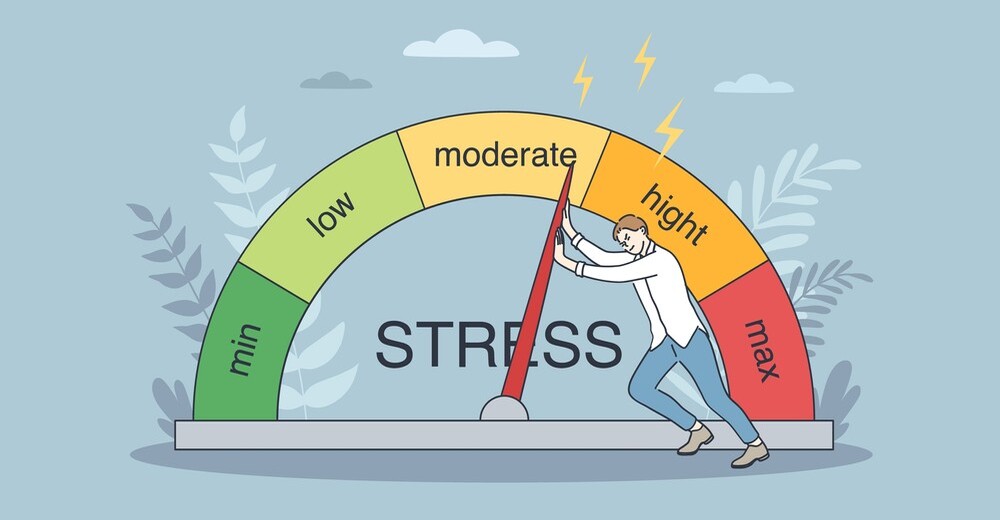Alcohol is a common part of social gatherings and relaxation, but its impact on your health extends beyond a hangover. If you’re working toward specific nutrition goals—whether weight loss, muscle gain, or overall wellness—understanding how alcohol affects your nutrition goals is crucial. From adding empty calories to disrupting nutrient absorption, alcohol can derail your progress if not managed wisely. This guide explores the key ways alcohol impacts your nutrition and offers practical tips to stay on track while still enjoying a drink.
Why Alcohol Matters for Nutrition Goals
Alcohol isn’t just a beverage; it’s a source of calories and a substance that influences metabolism, appetite, and nutrient uptake. While moderate drinking can fit into a balanced lifestyle, excessive or frequent consumption can sabotage your efforts. By learning how alcohol affects your nutrition goals, you can make informed choices that align with your health objectives.
1. Empty Calories Add Up
Alcohol is calorie-dense, providing 7 calories per gram, nearly double the calories of carbohydrates or protein. A standard glass of wine (5 oz) has about 120 calories, while a pint of beer can exceed 200. Cocktails with sugary mixers, like margaritas, can easily top 300 calories. These “empty” calories offer little to no nutritional value, making it harder to maintain a calorie deficit for weight loss or meet other nutrition goals.
2. Disrupts Nutrient Absorption
Alcohol can impair your body’s ability to absorb essential nutrients like vitamins B, C, and D, as well as minerals like zinc and magnesium. Heavy drinking over time may lead to deficiencies that affect energy, muscle recovery, and immune health. For those aiming to optimize nutrition, understanding how alcohol affects your nutrition goals means prioritizing nutrient-rich foods to counter these effects.
3. Increases Appetite and Cravings
Alcohol lowers inhibitions and stimulates appetite, often leading to overeating or craving high-calorie, low-nutrient foods like pizza or fries. This can undo your efforts to stick to a balanced diet. For example, late-night drinking might prompt a fast-food run, adding hundreds of unplanned calories and derailing your nutrition goals.
4. Slows Metabolism
Your body prioritizes metabolizing alcohol over other nutrients, temporarily halting fat and carbohydrate breakdown. This can slow your metabolism, making it harder to burn fat or maintain muscle mass. For fitness enthusiasts, this is a key factor in how alcohol affects your nutrition goals, as it can hinder recovery and performance.
5. Impacts Sleep Quality
Quality sleep is essential for appetite regulation, muscle repair, and overall health. Alcohol, even in small amounts, disrupts sleep cycles, leading to poor recovery and increased hunger hormones like ghrelin. Poor sleep can sabotage your nutrition goals by making you more likely to overeat or skip workouts.
6. Affects Hydration
Alcohol is a diuretic, causing dehydration that can impair exercise performance and recovery. Dehydration also mimics hunger, leading to unnecessary snacking. Staying hydrated is critical for anyone focused on how alcohol affects their nutrition goals, especially if you’re aiming for weight management or athletic performance.
Practical Tips to Balance Alcohol and Nutrition Goals
While cutting alcohol entirely isn’t necessary for most, moderation and smart strategies can minimize its impact. Here’s how to enjoy a drink without derailing your progress:
- Choose Lower-Calorie Options: Opt for light beers, dry wines, or spirits with zero-sugar mixers like soda water and lime. Avoid sugary cocktails or creamy liqueurs to keep calories in check.
- Eat Before Drinking: A balanced meal with protein, fiber, and healthy fats slows alcohol absorption and reduces cravings. Think grilled chicken with veggies or a quinoa salad.
- Limit Frequency and Quantity: Stick to moderate drinking—up to one drink per day for women and two for men, per health guidelines. Space out drinking occasions to minimize cumulative effects.
- Stay Hydrated: Alternate alcoholic drinks with water to stay hydrated and reduce overall consumption. A 1:1 ratio works well.
- Plan for Recovery: After drinking, prioritize nutrient-dense foods like leafy greens, lean proteins, and whole grains to replenish vitamins and minerals.
- Track Your Intake: Use a food and drink tracking app to monitor alcohol’s calorie contribution and ensure it fits within your nutrition goals.
Long-Term Considerations
Frequent or heavy drinking can lead to more serious issues, like liver damage or chronic nutrient deficiencies, which further complicate nutrition goals. If alcohol consumption feels hard to manage, consider speaking with a healthcare professional or nutritionist for personalized guidance.
Conclusion
Understanding how alcohol affects your nutrition goals empowers you to make choices that support your health and wellness. While occasional drinks can fit into a balanced lifestyle, moderation, mindful choices, and strategic planning are key to minimizing alcohol’s downsides. By prioritizing nutrient-rich foods, staying hydrated, and keeping portions in check, you can enjoy social moments without sacrificing your progress.
How do you balance alcohol with your nutrition goals? Share your tips or favorite low-calorie drinks in the comments!


